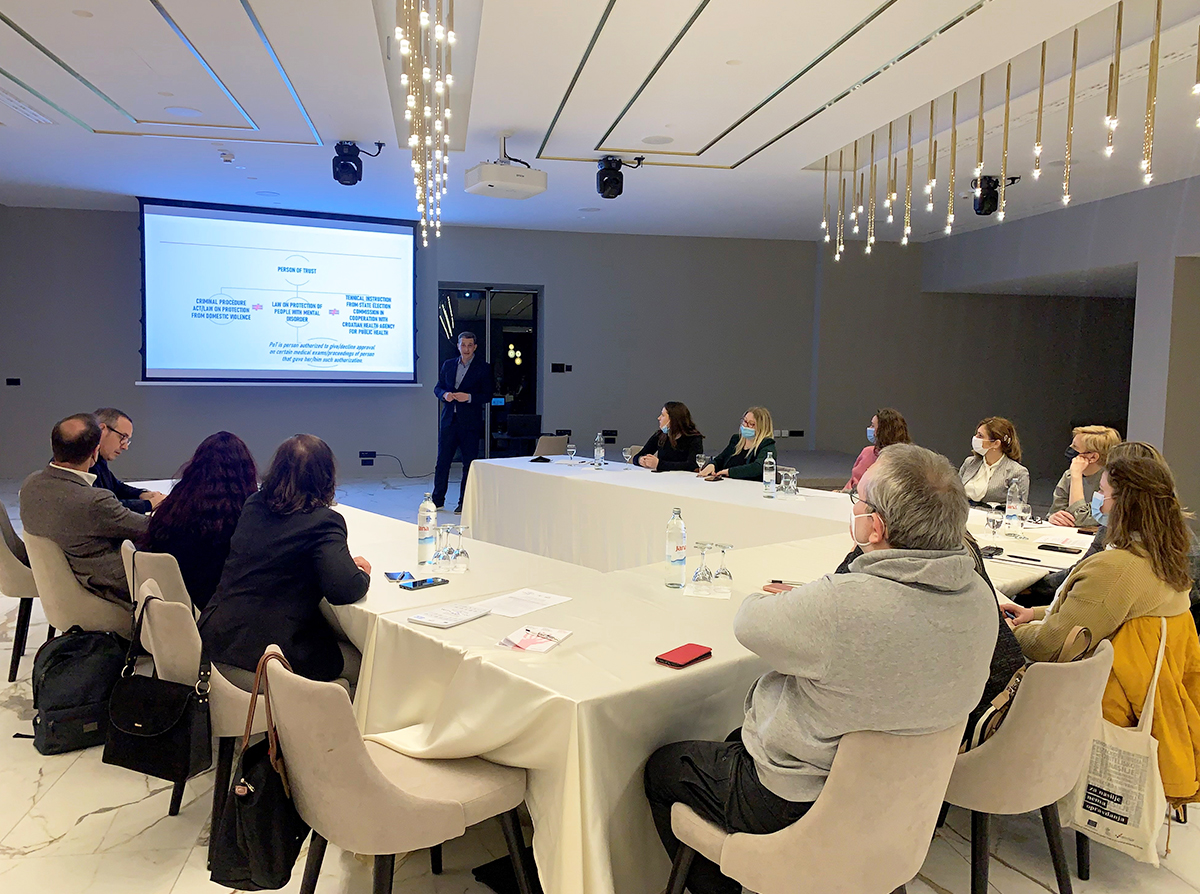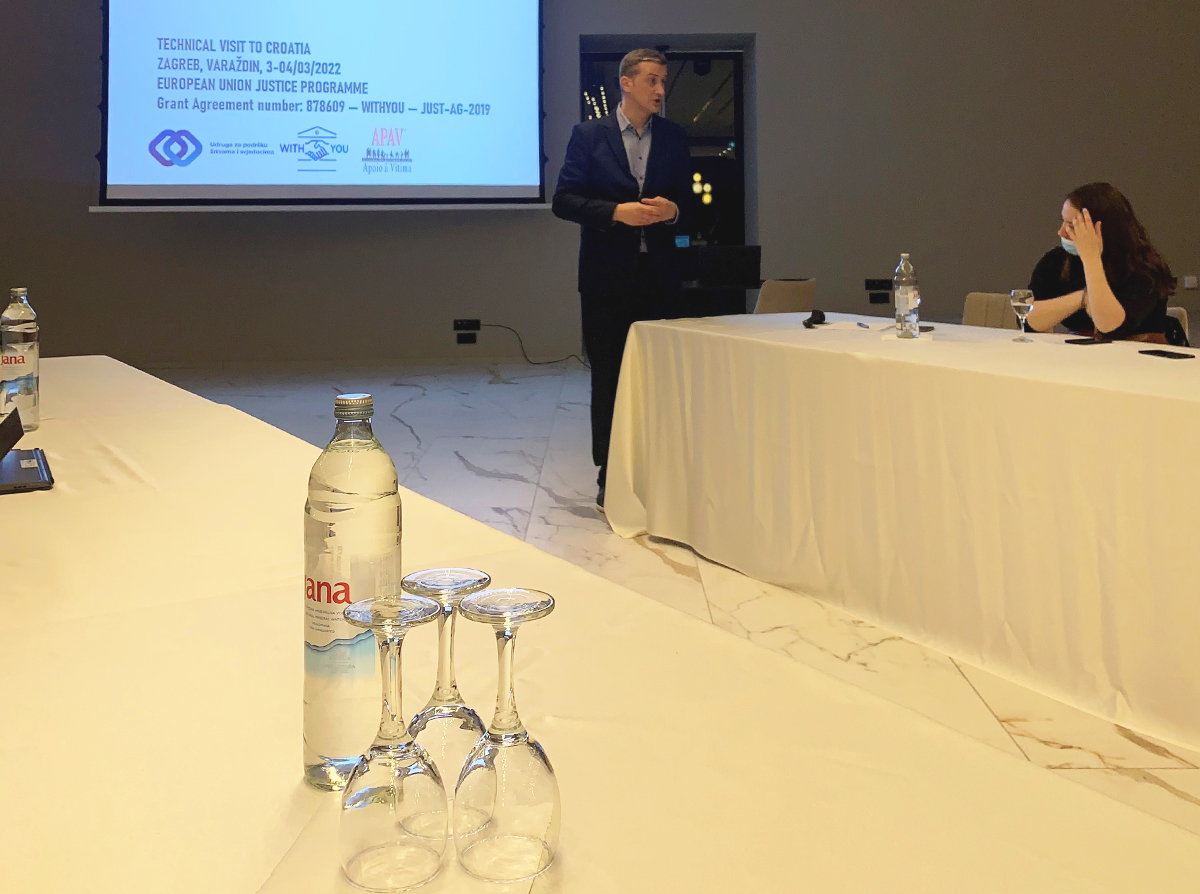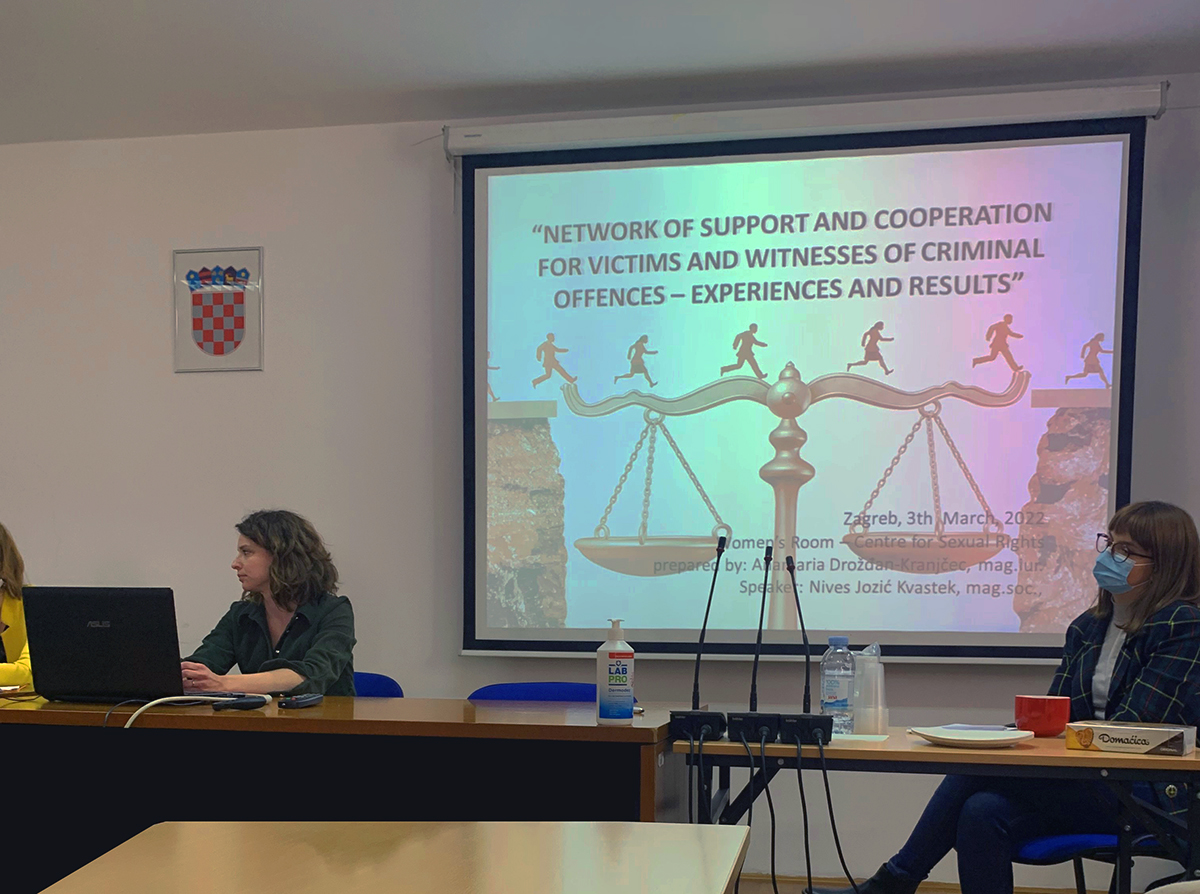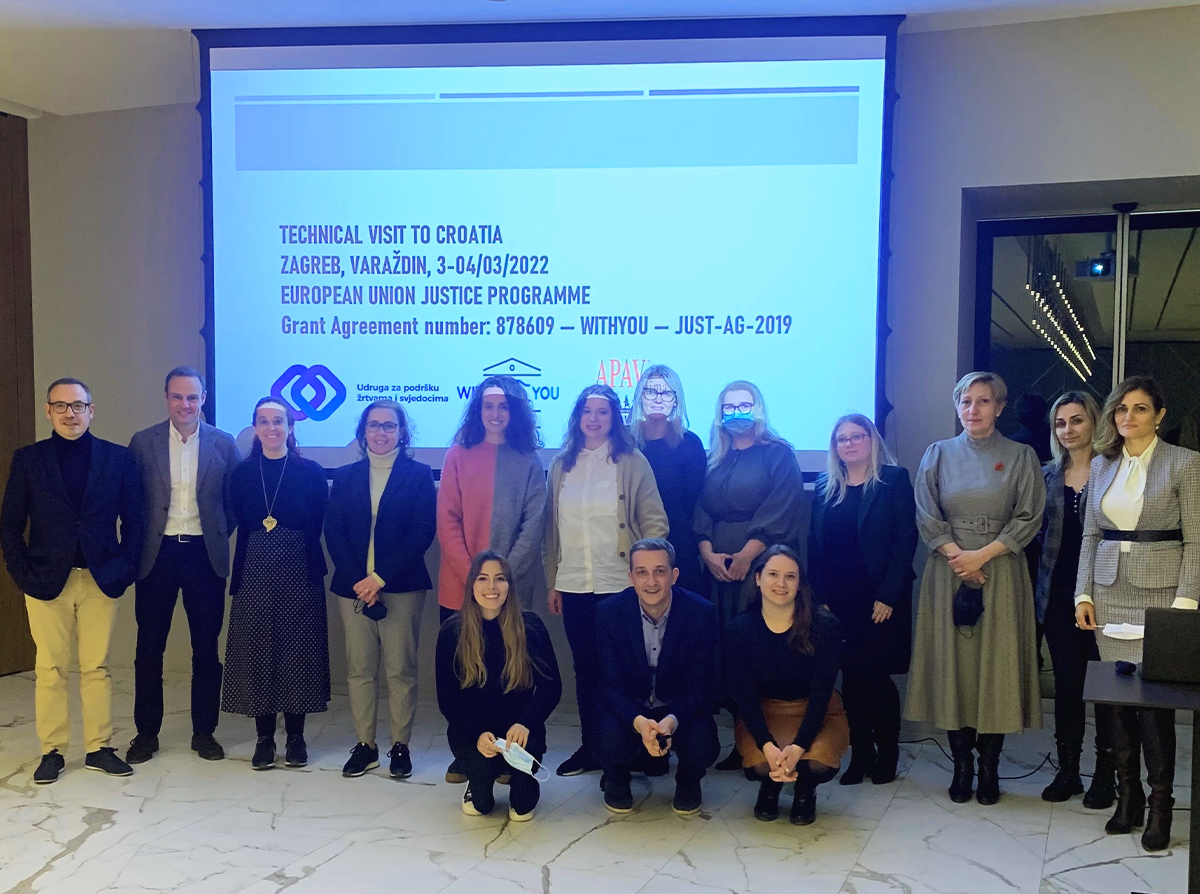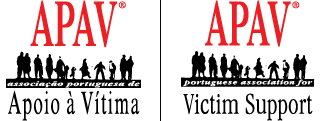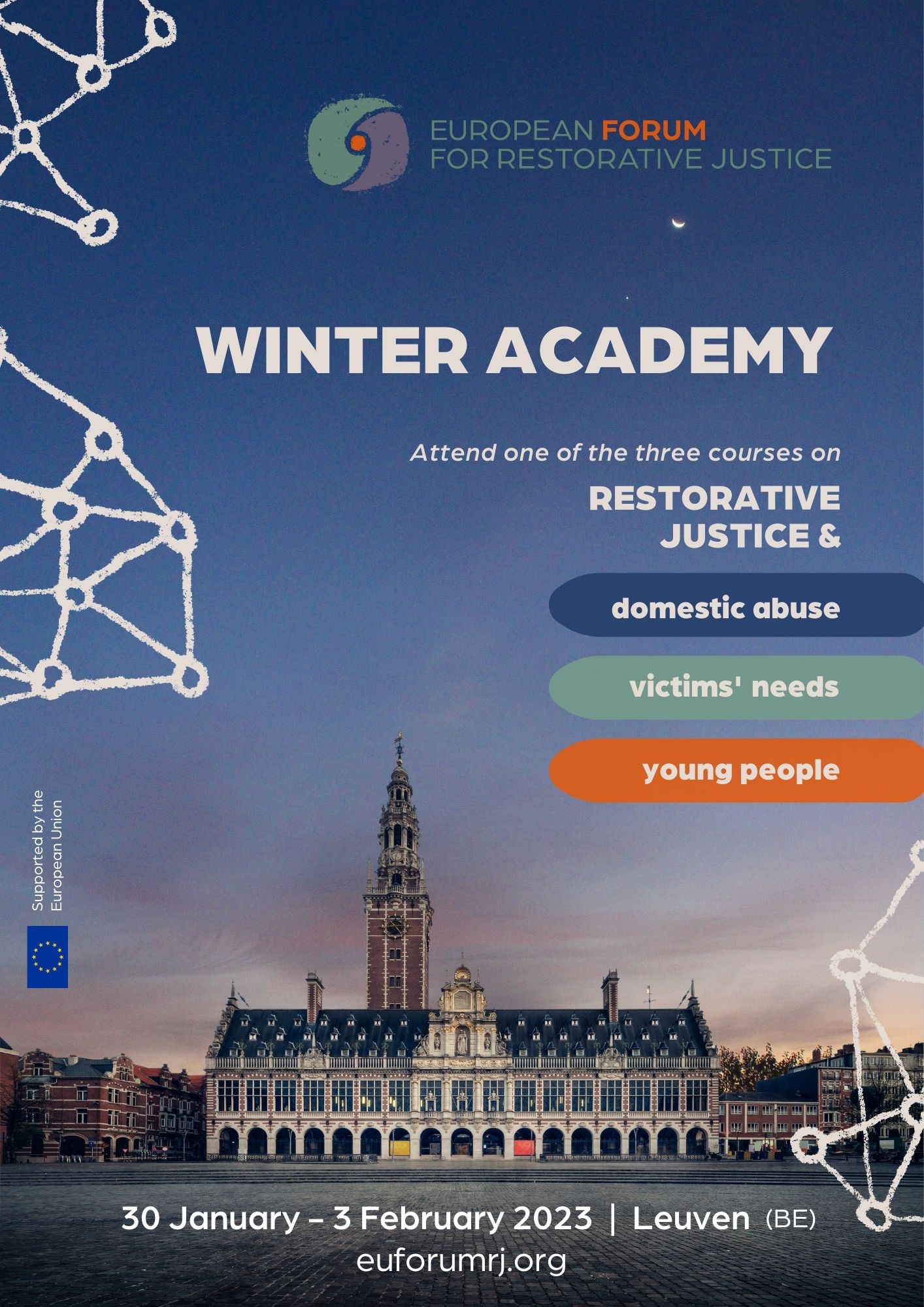
European Forum for Restorative Justice promotes the course “Victims' Needs and Restorative Justice: Good Practices and Safeguards”
The European Forum for Restorative Justice promotes the course “Victims' Needs and Restorative Justice: Good Practices and Safeguards”, which will take place at the EFRJ's Winter Academy (in Leuven, Belgium, between 30 January - 3 February 2023). The course addresses — among several other target groups — victim support professionals. It offers a hands-on learning experience about the potential of restorative justice, how it can respond to victims’ needs, and about good practices that help victims’ safe participation in restorative justice. It will be delivered by Peter Crory (Victim Support Northern Ireland), and Lisa Walter (victim—offender mediator, Mediante, Belgium).
More information:
- Curso “Victims' Needs and Restorative Justice: Good Practices and Safeguards”
- EFRJ Winter Academy
Victim Support Europe at the first United Nations Global Congress of Victims of Terrorism in New York
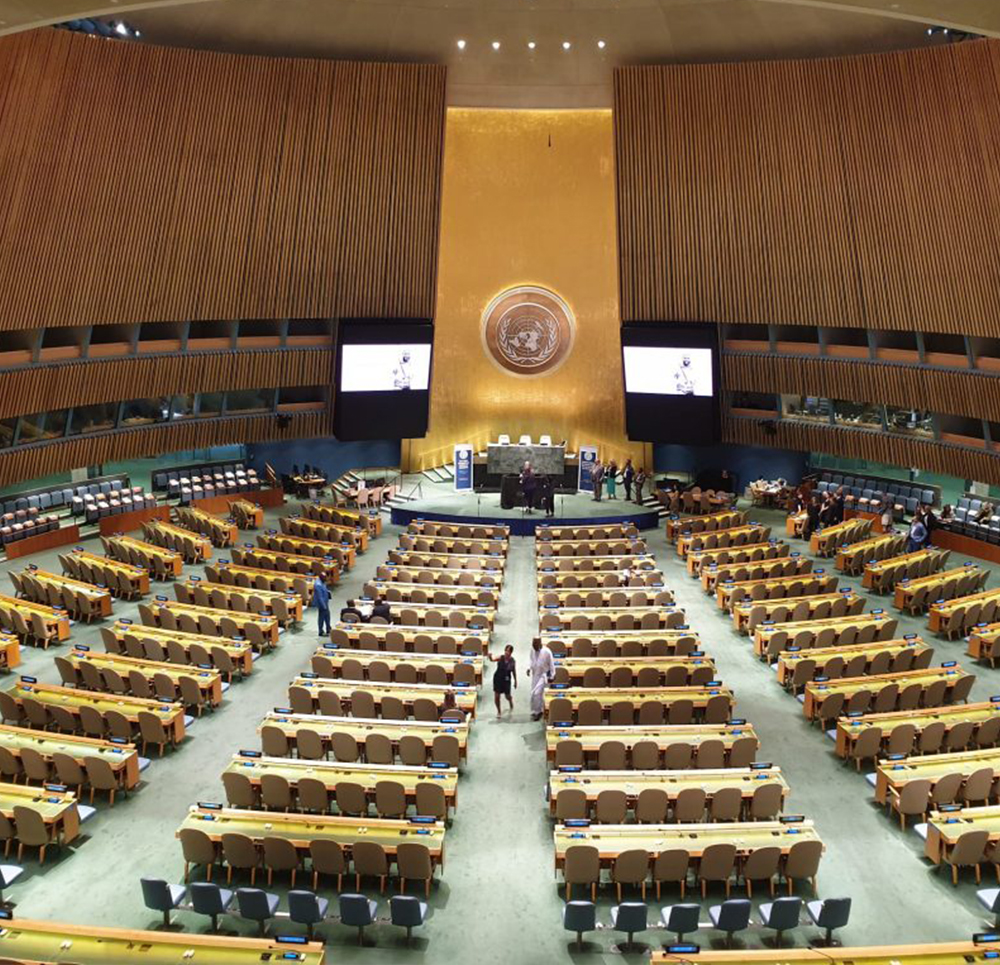
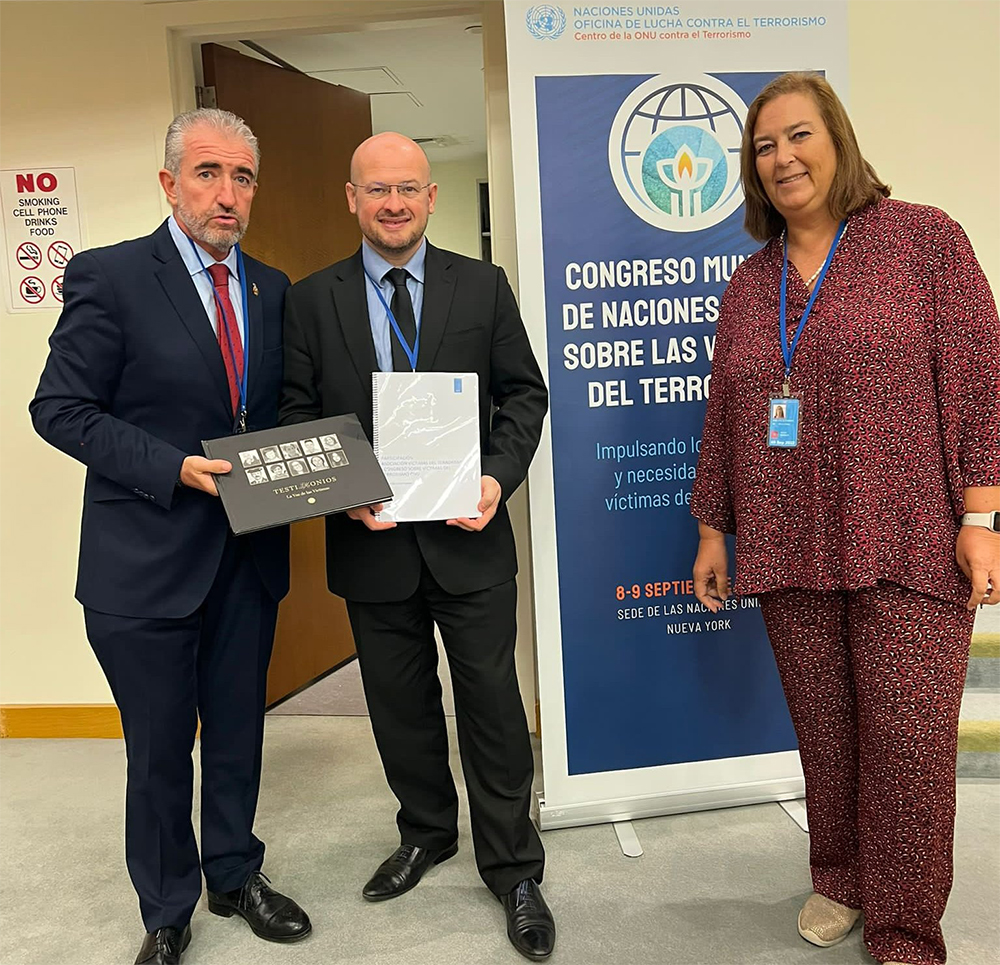
Victim Support Europe’s Executive Director Levent Altan participated in the first United Nations Global Congress of Victims of Terrorism, organised by the United Nations Office of Counter-Terrorism (UNOCT), in New York. Held under the theme of “Advancing the Rights and Needs of Victims of Terrorism”, the Congress provided a platform for dialogue and engagement on a victim-centric approach to countering terrorism and preventing violent extremism conducive to terrorism. More than 600 participants, including close to 100 victims of terrorism from 25 countries across the globe attended in person.
Aimed at advancing dialogue and engagement on a victim-centric approach to countering terrorism and preventing violent extremism conducive to terrorism, the Global Congress High Level opening session held in the United Nations General Assembly Hall began with a poignant call to action by ten victims and survivors of terrorism from around the world.
This call to action was followed by a High-Level Parliamentary Session during which representatives of national assemblies emphasised the need to develop, strengthen and tailor domestic legislation to respond to the complex needs of victims. They also highlighted the importance of having the rights of victims of terrorism clearly recognised in national legislation, in line with international human rights frameworks.
Following the High-Level opening session, the Congress continued its work through six interactive thematic sessions spread throughout the two days that were expected to yield clear and concrete recommendations for action at all levels. The themes of the sessions include the importance of remembrance; access to justice for victims of terrorism; rehabilitation, assistance and support as well as protecting and addressing the rights and needs of victims of terrorism with specific needs.
Additional information can be found on the dedicated webpage for the 2022 Global Congress.
APAV participated in the 17th International Symposium of the Word Society of Victimology
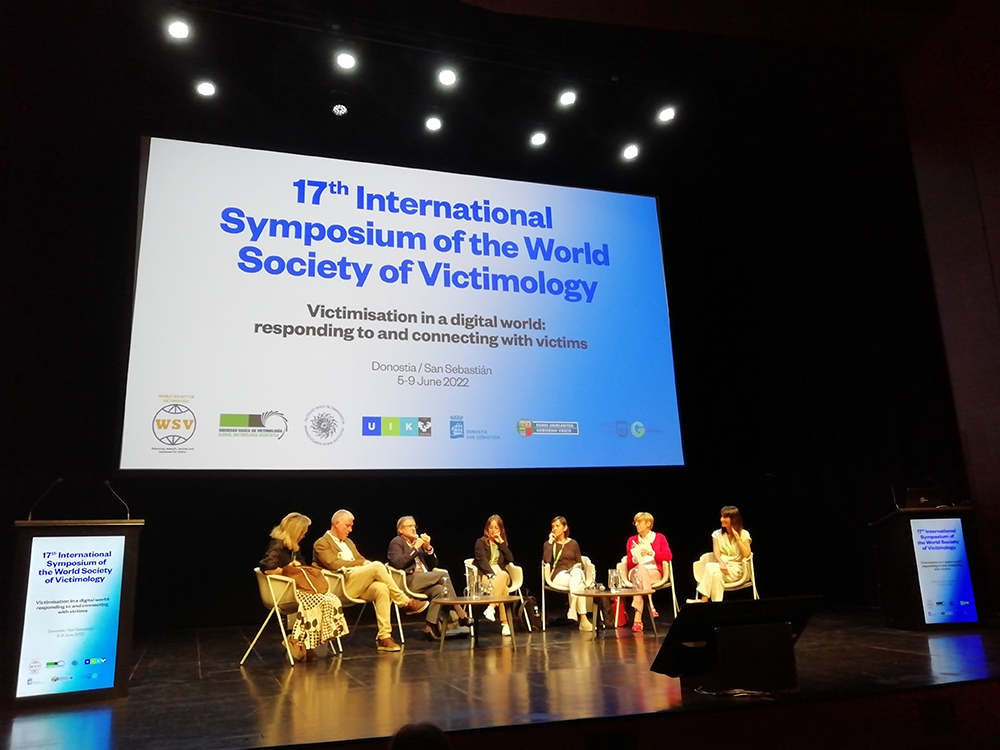
APAV participated in the 17th International Symposium of the Word Society of Victimology, which took place in San Sebastián (Basque Country, Spain), between the 5th and 9th of June.
Participants from 54 countries participated in this event to share practices, models and research with the theme “Victimisation in a digital Word: responding to and connecting with victims”.
APAV was represented in the event by Rosa Saavedra, who gave a presentation entitled "Ethics in online support: dillemmas and challenges", sharing some of the results of the Violence against Women and Domestic Violence (VMVD) Project in Pandemic Times: characterization, challenges and opportunities in distance support (AaD).
APAV at the Victim Support Europe Conference

“The Age of Resilience” was the guiding theme of Victim Support Europe Conference 2022, this year held in Malta, on the 11th and 12nd of May. The event signalled the reunion of VSE’s members almost three years after the restrictions imposed by the pandemic.
The conference was dedicated to challenges and best practices sharing in victim support provision during the pandemic crisis, strategies adopted by victim support organisations across Europe to maintain their services available, particularly with resort to tools of support at a distance.
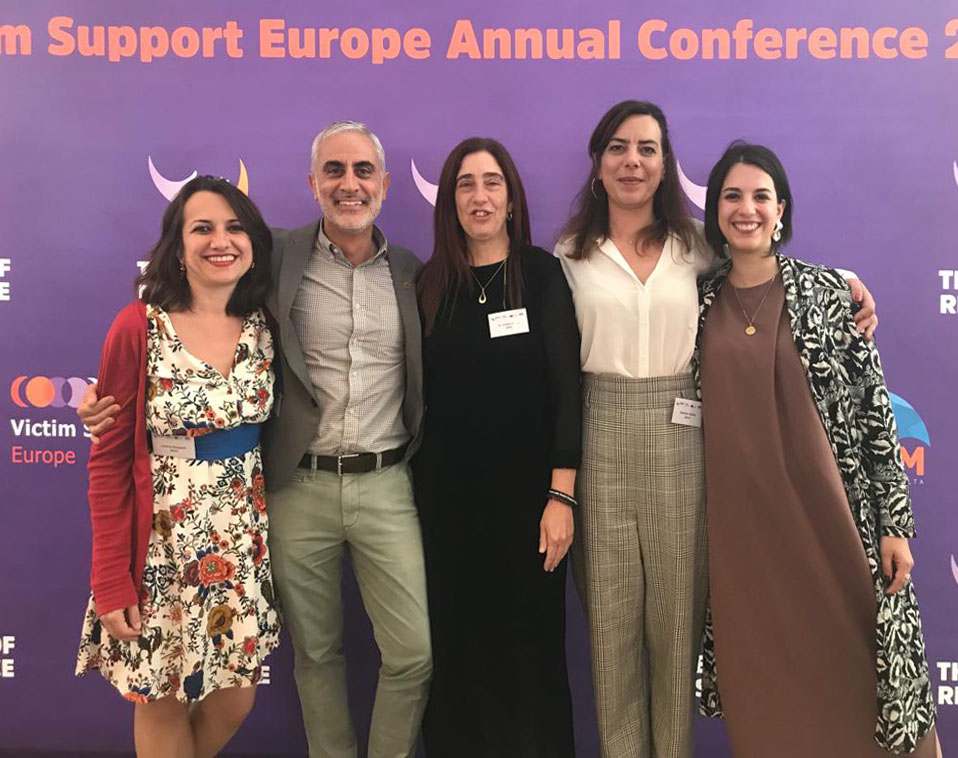
Carmen Rasquete, João Lázaro, Cristina Soeiro, Mafalda Valério and Cláudia Rocha formed APAV’s delegation to the event, where three presentations were made reflecting the Association’s rapid response to constraints caused by COVID-19, not only in making tools of victim support at a distance available, but also in assessing all difficulties faced by victim support workers and associated psychosocial risks. APAV’s Prevention of Psychosocial Risks Programme also had the floor, as well as how our integrated intervention model with children victims of crime and violence is anchored in building their resilience, both in primary prevention and in the aftermath of victimisation.
With You Project | Technical Visit to Croatia
Under the With You Project - Victim and Witness Support in the Justice System, funded by the European Union Justice Program (2014-2020) and coordinated by APAV, a Technical Visit to Croatia took place on March 3 and 4.
The Technical Visit was organized by the partners of Victim and Witness Support Service Croatia (VWSSC) and its objective was to share best practices, experiences and challenges related to victim and witness support.
We had the presence of 3 representatives of APAV; 2 representatives of the General Prosecutor's Office; 1 representative of Lithuania (VILIAS) and from Croatia, 3 representatives of Victim and Witness Support Service.
During these two days we had the opportunity to visit the Croatian National Call Center (116006) in Zagreb, to visit the court in Varazdin, the facilities of the VWSSC partners and to have several meetings with different professionals: from the Croatian Ministry of Justice, the Security Forces, the Prosecutor's Office and different NGOs, who presented us with the panorama of the Croatian justice system and the framework of victims' rights within it, with emphasis on the right to accompaniment.
We consider these technical visits essential for the exchange of best practices and experiences that allow us to evolve and learn new approaches and tools essential to continue to fulfill our mission.
